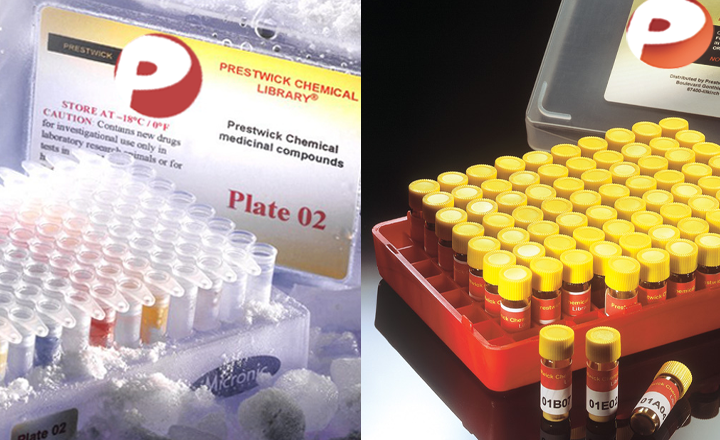Cardiac Glycosides Restore Autophagy Flux in an iPSC-Derived Neuronal Model of WDR45 Deficiency
Papandreou, A.; Singh, N.; Gianfrancesco, L.; Budinger, D.; Barwick, K.; Agrotis, A.; Luft, C.; Shao, Y.; Lenaerts, A.-S.; Gregory, A.; Jeong, S. Y.; Hogarth, P.; Hayflick, S.; Barral, S.; Kriston-Vizi, J.; Gissen, P.; Kurian, M. A.; Ketteler, R.
bioRxiv 556416 (2023)
Beta-Propeller Protein-Associated Neurodegeneration (BPAN) is one of the commonest forms of Neurodegeneration with Brain Iron Accumulation, caused by mutations in the gene encoding the autophagy-related protein, WDR45.
The mechanisms linking autophagy, iron overload and neurodegeneration in BPAN are poorly understood and, as a result, there are currently no disease-modifying treatments for this progressive disorder. We have developed a patient-derived, induced pluripotent stem cell (iPSC)-based midbrain dopaminergic neuronal cell model of BPAN (3 patient, 2 age-matched controls and 2 isogenic control lines) which shows defective autophagy and aberrant gene expression in key neurodegenerative, neurodevelopmental and collagen pathways. A high content imaging-based medium-throughput blinded drug screen using the FDA-approved Prestwick library identified 5 cardiac glycosides that both corrected disease-related defective autophagosome formation and restored BPAN-specific gene expression profiles. Our findings have clear translational potential and emphasise the utility of iPSC-based modelling in elucidating disease pathophysiology and identifying targeted therapeutics for early-onset monogenic disorders.


